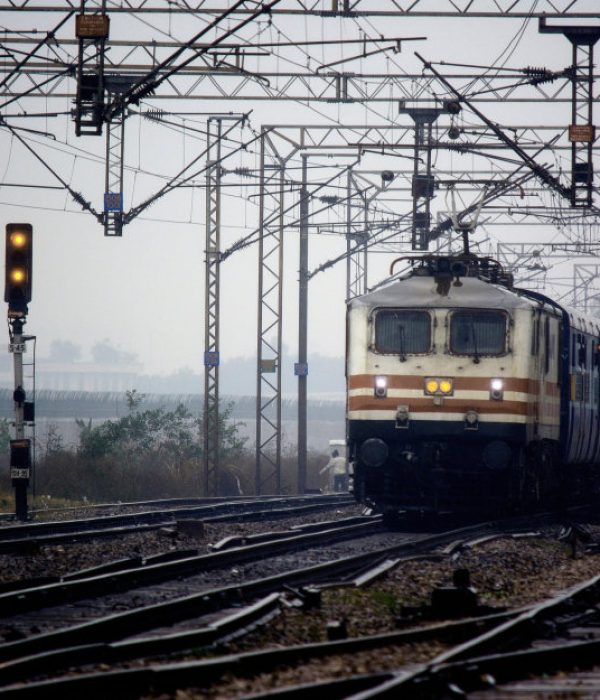We're Here To
Help

Rail industry compliance is fundamental to operational safety, reliability, and regulatory approval. This includes adherence to standards for infrastructure and rolling stock (such as ISO 9001, ISO 45001), statutory inspections (LOLER, PUWER), and sector-specific schemes like RISQS. Environmental and security regulations also apply, ensuring safe transport of passengers and goods. By prioritising compliance, rail operators and suppliers reduce risks, avoid service disruptions, and demonstrate accountability to regulators, customers, and the public.
It also covers some of the main themes affecting and influencing the sector: ageing assets and infrastructure, adapting to climate change, health and safety, planning for future demand and skills shortages. Ageing assets, highlighted in RS' rail report, are an acute challenge in the railway industry.
ISO/TS 22163 certification is an international standard for the railway sector. It is extremely beneficial to your firm since it examines and identifies all risks associated with your operations and provides a means to mitigate them.
ISO compliance is the practice of following a specific ISO standard as a guide for your organization's structure, business operations, practices, and policies. Achieving compliance with an internal assessment can be a first step towards certification or fulfilling partner/stakeholder requirements.
In the UK, ISO accreditation is a formal process where an independent body, like UKAS, assesses and recognizes a certification body's competence to audit and certify organizations against ISO standards. Accreditation isn't mandatory, but it demonstrates that the certification body meets international standards and is competent to perform audits
The International Railway Industry Standard (IRIS) is based on the ISO 9001 standard and is tailored to the requirements of the international rail industry.
Network Rail. Network Rail owns, operates, maintains and develops Britain's railway. Network Rail is responsible for ensuring that the railway is safe and reliable. Network Rail is an executive non-departmental public body, sponsored by the Department for Transport.
Increased Risk of Non-Compliance: For companies operating in regulated industries, ISO certification is often closely linked to legal and regulatory compliance. Failing to maintain certification may expose the organization to legal risks and penalties, harming its long-term sustainability.
Lifting Powerhouses: Cranes, fork-lift trucks, and hoists are all essential tools that need to be LOLER compliant. Platform Lifts: Both passenger and goods lifts, as well as mobile elevating work platforms (MEWPs), require LOLER inspections.
Anything from small power tools to large stationary equipment is covered by PUWER, so it is safe to assume that all machinery and equipment should be inspected. To give you an idea of what machinery and equipment are covered, here's a list of examples: Tools: hammers, saws, power tools, clamps, knives, hoses, etc.
Take the next step towards safer, smarter operations. Whether you need a compliance review, tailored training, or help achieving NERS or ISO certification, our experts are here to help.